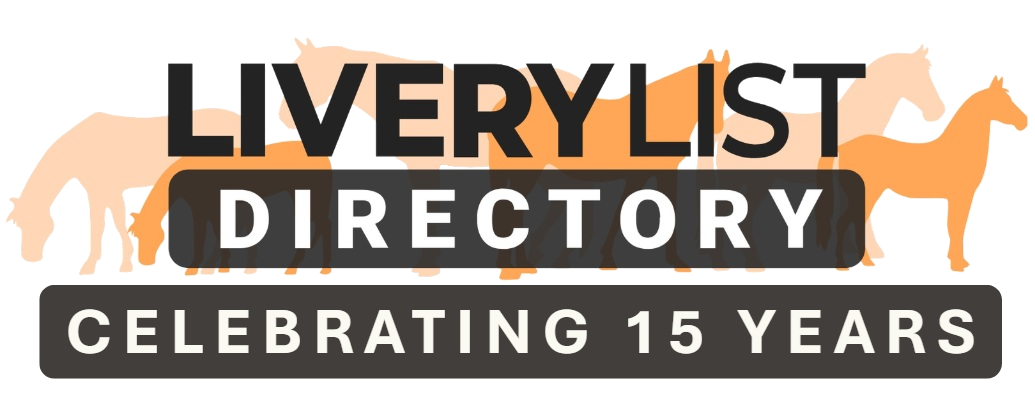According to the Equine Infectious Disease Surveillance (EIDS), Equine strangles cases have risen significantly in the UK this year, with numbers well above the usual annual average. This has highlighted the importance of strong biosecurity practices on yards to prevent outbreaks.
A new vaccine, Strangvac, offers a major advance in disease control. First authorised in 2021 and launched in the UK in autumn 2022, it is not a live vaccine, meaning it cannot cause strangles. It has been proven effective at preventing moderate to severe disease and substantially reduces the spread of infection between horses, enabling better outbreak control. It is the first strangles vaccine to be made available in over a decade, representing advances in vaccine technology.
Given the large increase in Strangles cases over the last 12 months, and the vaccination becoming more mainstream, vets are increasingly recommending vaccination, especially for horses on large yards with high movement — such as those regularly leaving to train or compete, yards with high turnover, or yards based at training or competition venues with high footfall.
Approximate costs for Strangvac in the UK are around £40–50 per dose, with most horses requiring an initial course of two doses followed by annual boosters.
Good biosecurity remains crucial. Key measures include:
-
Isolating new arrivals
-
Disinfecting shared equipment and vehicles
-
Maintaining thorough records of horse movement
-
Monitoring temperatures and signs of illness
While no vaccine guarantees complete protection, combining Strangvac with strong yard management offers a clearer pathway to outbreak control, fewer disruptions, and better overall welfare.
Anyone interested in more information on strangles vaccination, or who is considering vaccination for their own horse, should contact their vet.
You can find more details about preventing infectious disease and biosecurity on the Yard Owner Hub
